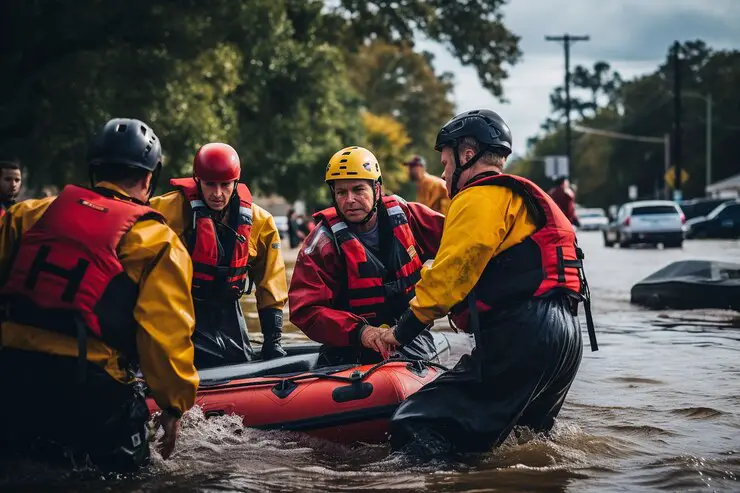Empowering Students’ Futures: The Impact of Guidance Counselor Programs
Introduction: Guidance counselor programs are an integral part of educational institutions, serving as pillars of support for students’ academic success, social development, and emotional well-being. These programs are designed to equip counselors with the tools and skills necessary to assist students in navigating the challenges they face during their educational journey.

Page Contents
Empowering Students’ Futures: The Impact of Guidance Counselor Programs
Importance of Guidance Counselor Programs
Guidance counselors play a multifaceted role in the lives of students, serving as mentors, advocates, and advisors. The programs designed for aspiring counselors encompass a diverse range of training and education aimed at addressing students’ academic, personal, and career-related needs.
Curriculum and Training
Guidance counselor programs typically cover various aspects of psychology, counseling techniques, child development, and educational systems. They focus on teaching effective communication skills, conflict resolution strategies, and methods for assisting students in developing academic and career goals.
Roles and Responsibilities
Once equipped with the necessary training, guidance counselors work within educational settings, offering individual and group counseling sessions, conducting assessments, and collaborating with teachers and parents to support students’ overall well-being.
Supporting Students’ Academic Journey
These programs emphasize assisting students in overcoming academic challenges, setting educational goals, and providing resources to enhance learning experiences. Counselors aid in course selection, offer academic guidance, and provide support to those facing difficulties in their studies.
Promoting Emotional and Social Development
Beyond academics, guidance counselors also focus on students’ emotional and social growth. They create a safe and supportive environment, offering counseling and guidance to navigate personal issues, mental health concerns, and social challenges.
Career Guidance and Planning
Guidance counselor programs equip professionals to provide career counseling, assisting students in exploring career paths, understanding vocational interests, and planning for post-secondary education or vocational training.
Impact and Benefits
The presence of well-trained guidance counselors positively impacts students’ academic achievements, social integration, and emotional well-being. Their support contributes significantly to a positive school environment and fosters a culture of inclusivity and support.
Conclusion
Guidance counselor programs serve as the cornerstone in fostering holistic development among students. Their expertise, empathy, and dedication contribute immensely to creating a nurturing educational environment where students can thrive academically, emotionally, and socially.
Please note that the specifics of guidance counselor programs can vary based on educational institutions, regions, and countries. This article provides a general overview of the significance and impact of such programs on students’ lives.







